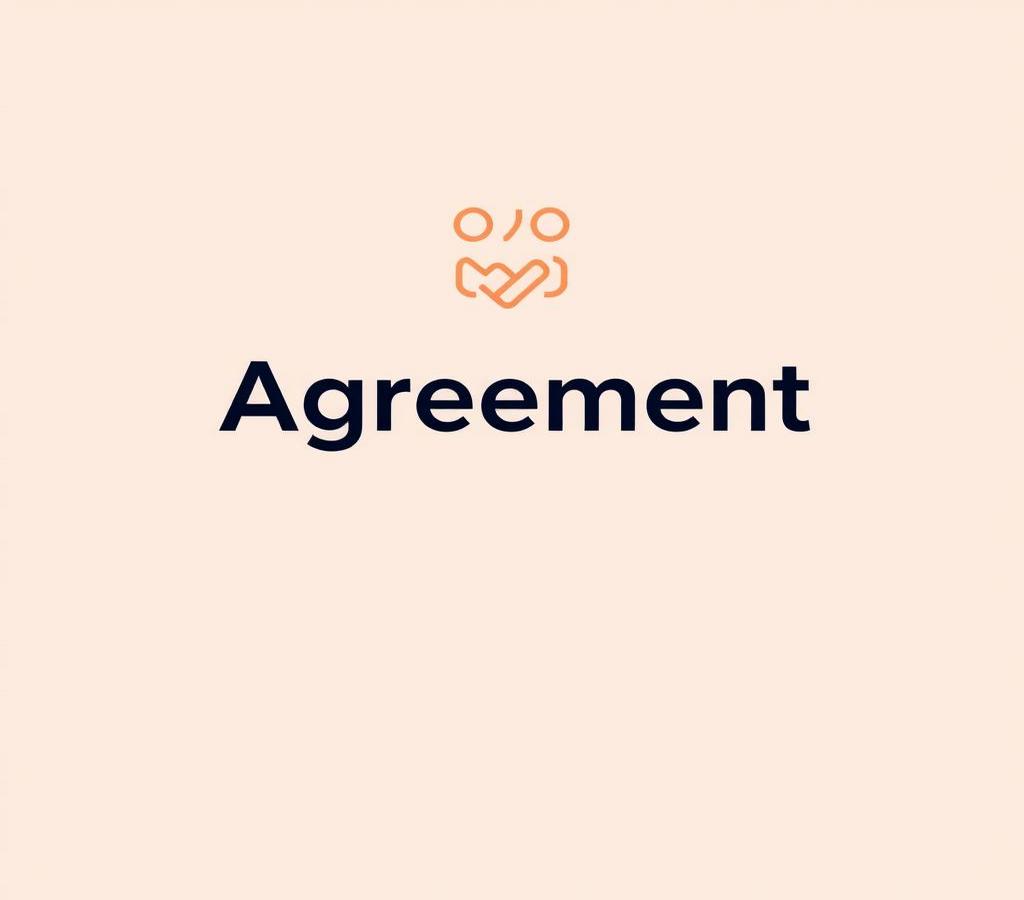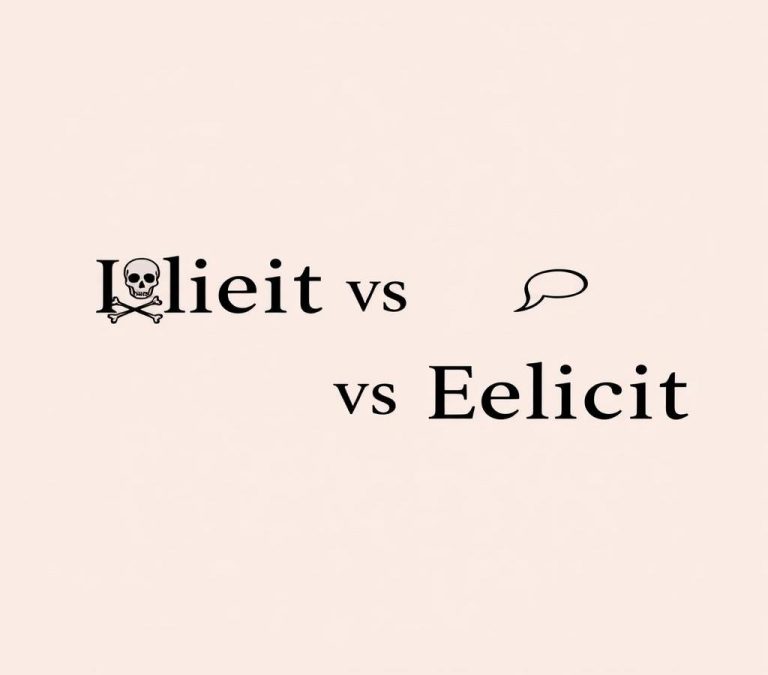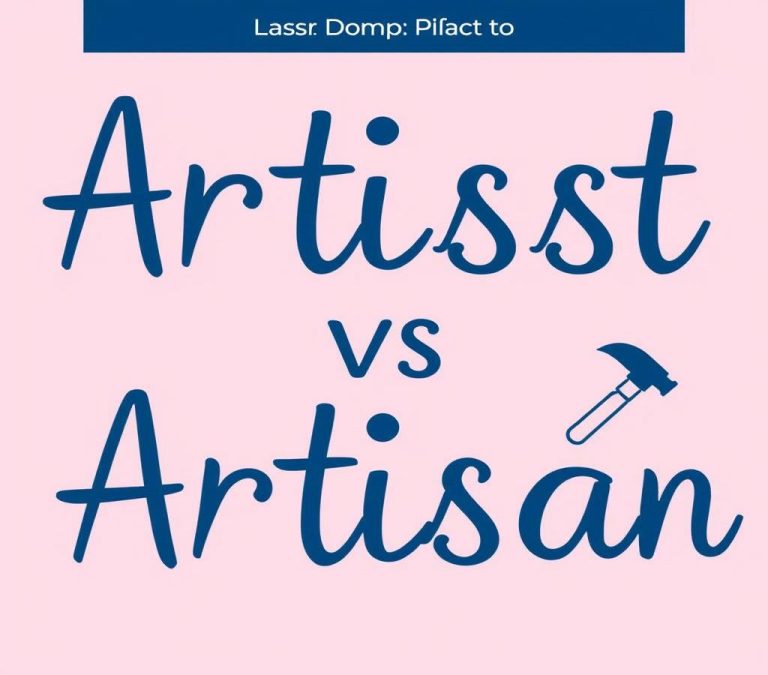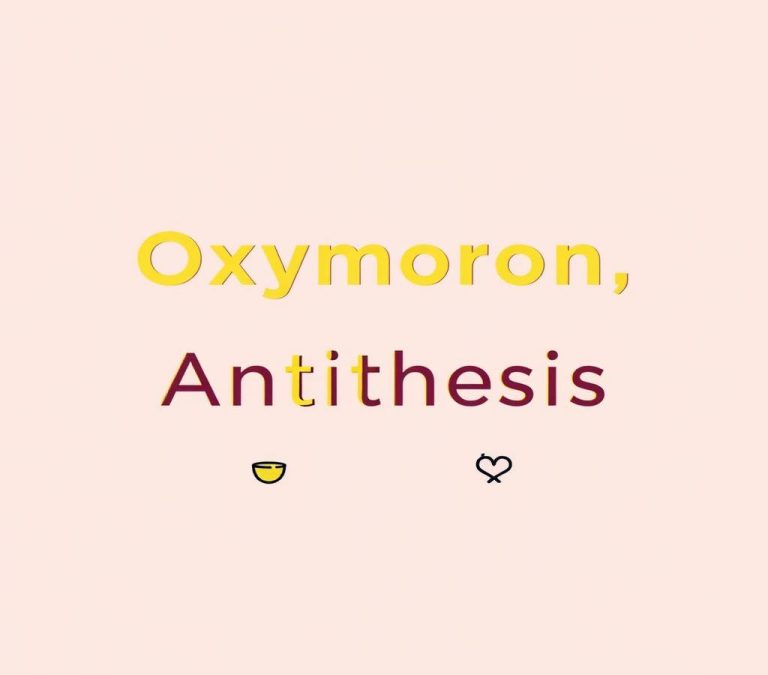Agreement vs. Agreement: Grammar Usage & Perfect Tense
English can be tricky, especially when words sound similar. “Agreeance” and “agreement” are two such words that often confuse people. While they both relate to being in accord or consensus, their usage differs. This article explores the proper contexts to use each term, helping you choose the right word with ease. Understanding these differences can improve your communication and writing skills. Join us as we demystify “agreeance” and “agreement,” making your vocabulary more precise and effective.
Quick Answer:
Use “agreement” in most cases, as it refers to a mutual understanding or a formal contract. “Agreeance” is a rare and often considered nonstandard term, best avoided in professional writing. If you need to describe the act of agreeing, use “agreement”. For instance: “The two parties came to an agreement” or “The agreement was signed yesterday”.
Why There is Confusion
The English language is often fraught with terms that seem interchangeable but aren’t. “Agreeance” and “agreement” are perfect examples of this tendency. Many people are puzzled when faced with choosing between these two terms. The confusion stems not only from their similar appearance but also from their related meanings and origins. Additionally, people often resort to using complex words to sound more formal or intellectual, which adds to the confusion. This article will delve into the nuances that differentiate “agreeance” and “agreement,” helping you make an informed choice in your writing and speech.
What Does Agreement Mean?
“Agreement” is a well-known term in the English language. It primarily serves as a noun that represents the act of agreeing or coming to a mutual decision. It is widely used in both formal and informal settings. Agreements can be verbal, written, or implied, covering a range of topics from business contracts to informal plans between friends.
- An agreement can be a formal contract, like a business agreement between parties.
- It can be an informal understanding, such as deciding on a dinner time with friends.
- In grammar, it refers to the congruence between elements, like subject-verb agreement.
Overall, “agreement” has a well-established and recognized position in communication as the standard term to denote the act or process of coming to a consensus.
What Does Agreeance Mean?
“Agreeance,” on the other hand, is much less commonly used and is often considered non-standard. The term dates back several centuries but has largely fallen out of favor. While it can technically be synonymous with “agreement,” it’s generally viewed as an outdated or even incorrect term. The re-emergence of “agreeance” can sometimes be attributed to the desire to sound more formal or elaborate in speech or writing.
Here’s why people might use “agreeance”:
- Some believe it adds a formal tone, although this is a misconception.
- It might be used in an attempt to add variety to language.
- It could simply be a mistake or typo.
Despite its historical roots, using “agreeance” today is likely to stand out and, in some contexts, may even be questioned for its correctness.
Differences of Agreeance vs Agreement
While “agreeance” and “agreement” may seem similar due to their shared root word “agree,” their usage and acceptance in modern language vary significantly.
Parts of Speech
Both words act as nouns but have diverging pathways in terms of usage. “Agreement” acts as a gerund noun, often formalized in documents, discussions, and law. Meanwhile, “agreeance” stands more as an antiquated noun with limited modern application.
Connotation and Implication
“Agreement” carries a neutral, widely accepted connotation suitable for anything from everyday discussions to legal jargon. In contrast, “agreeance” might imply a more verbose or pretentious tone, and its usage is not as universally recognized.
Formality and Informality
“Agreement” seamlessly fits into both formal and informal settings. It’s versatile across different levels of communication, from legal contracts to casual conversations. “Agreeance,” however, lacks this versatility. Its rarity makes it an unusual choice for formal settings, and it may even seem unnecessarily pretentious in informal ones.
Synonyms of Agreeance
While “agreeance” itself doesn’t have many commonly used synonyms, the concept it represents can still be conveyed through other words:
- Accord
- Consent
- Concurrence
- Unity
These alternatives are less likely to be met with confusion or misunderstanding in modern usage.
Synonyms of Agreement
For “agreement,” there are numerous synonyms available, reflecting its versatile and widely accepted nature:
- Contract
- Consent
- Covenant
- Settlement
- Pact
- Understanding
- Accord
- Compromise
These synonyms can often be used interchangeably with “agreement,” depending on the context in which they are employed.
Examples of Usage: Agreeance vs Agreement
To further clarify the distinction and appropriate usage, let’s look at some examples in both formal and informal writing settings.
Formal Writing
In formal writing, choosing the right term is crucial for maintaining credibility and clarity.
- “The two companies reached an agreement to collaborate on the project, establishing clear terms and conditions.”
- “The negotiators are in agreement on the main points and will draft a formal contract.”
“Agreeance” would generally not fit well in these sentences due to its antiquated and less familiar nature.
Informal Writing
In informal contexts, the choice still leans heavily towards “agreement.”
- “We finally came to an agreement about where to have dinner tonight.”
- “After a lengthy discussion, there was agreement among the friends on how to split the bill.”
Even in casual settings, “agreeance” would likely seem out of place or even incorrect to many readers or listeners.
Conclusion: Agreeance vs Agreement, Which One to Use
In summary, “agreement” is the clear winner when deciding between the two terms. It is widely recognized, neutral in tone, and versatile across different contexts. While “agreeance” might occasionally appeal to those seeking an archaic flair or stylistic variety, it is largely considered outdated and can lead to confusion or perceptions of incorrectness.
For effective communication, particularly in professional or formal contexts, sticking with “agreement” is the best choice. It ensures clarity and precision, key elements in any form of communication. At the end of the day, the goal is to communicate your thoughts accurately and understandably, making “agreement” the preferable option in almost all situations.







